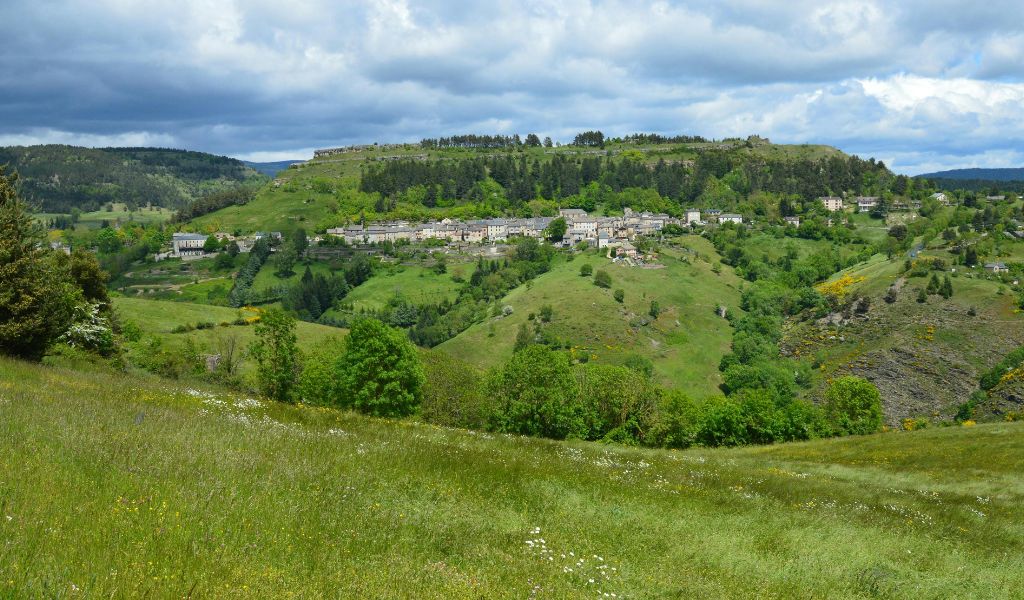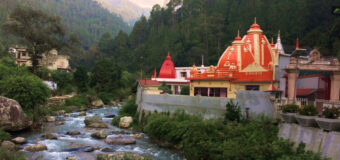When most travelers think of Indonesia, images of Bali’s beaches and resort-lined coastlines come to mind. But a quieter transformation is taking place far from the usual tourist trail – in the heart of its villages. Nowadays, Indonesia is focusing more on eco & village tourism.
Read on to know about the rise of eco & village tourism in Indonesia. Also, you will learn what to expect if you plan to visit this island nation.
Why Is Eco & Village Tourism Popular In Indonesia?
Do you know? Indonesia is home to over 1,700 officially designated desa wisata (tourism villages). In fact, you can experience a new kind of travel by visiting this island country. Now, your experience will be:
- More immersive
- Rooted in community
- Environmentally conscious
The rise of eco & village tourism in Indonesia is a result of local interests and strong government initiatives. Moreover, many eco-minded travelers also prefer a more local and eco-friendly experience. This way, the desa wisata villages are fast becoming the engines of sustainable tourism in Indonesia.
Apart from that, these tourism villages also provide you with a distinct experience. Now, your experience will be more immersive and community-based. Hence, you get the chance to live and work in those villages. Thereby, you will also be able to celebrate the local occasions with the local population.
This is because the Indonesian government aims to reduce tourism-related emissions by half over the next five years. Hence, it shows that the future of sustainable travel is not about where you go. Rather, it is about how you experience the place.
Eco & Village Tourism In Indonesia: What To Expect?
The following are some of the major features of eco & village tourism in Indonesia that you must know about:
1. Life In A Tourism Village
In Central Java’s Nglanggeran Village, guests start their day before dawn with a hike up the ancient volcano that looms over the village. The view – mist rolling over jagged rocks and cacao farms – is worth the early rise.
Apart from that, you will also know about the traditional chocolate making with the help of local guides. Meanwhile, there are modest homestays where you will be able to spend the night. Also, you will get home-cooked meals in those homestays. Local stories come for free.
In addition to that, the Penglipuran Village in Bali stands out for its pristine locations and bamboo forests. This place also maintains its eco-discipline. After you visit this village, you are not allowed to use plastic. Also, the local villagers sort their waste at the household level.
What could have become another over-touristed site has instead become a global case study in community-driven sustainability.
2. Tourism That Supports – Not Consumes
It is important to note that Indonesia is not shifting to sustainable tourism by accident. In June 2025, the Indonesian government came up with the “Every Step Matters” campaign.
Basically, it is a nationwide effort. The goal is to support low-impact travel and environmentally responsible destinations. The following are the major pillars of this sustainable tourism campaign:
- Promote local economies.
- Cut down emissions.
- Protect biodiversity hotspots from extractive industries.
Therefore, within a few days, Indonesia has started to halt mining operations near marine reserves (like Raja Ampat). Now, it is focusing on expanding electric transport in heritage towns. Also, they are investing heavily in training programs for hosts and local guides.
In these cases, the desa wisata program plays a major role. As per the program, villages must meet the following criteria if they want to earn this eco & village tourism designation:
- Cleanliness
- Governance
- Cultural preservation
- Environmental management, and more.
Meanwhile, if a particular village meets those criteria, the regional tourism board promotes it. Moreover, it will also receive capacity-building grants for visitor readiness.
3. Practical Travel: How To Visit An Eco & Village Tourism Site?
After you visit Indonesia, you will not find it very difficult to access a desa wisata. However, you will have to do a bit more planning than usual. Basically, some of the best destinations are not very far from the major cities. You can visit all those places by train, car, or public van.
Also, you do not have to face the problem of language in most of these areas. This is because you will always find a guide who speaks English. However, you will fare better if you maintain patience and cultural sensitivity.
In general, the charge for each night’s stay ranges from $15 to $40. Apart from that, some places will include meals and activities.
However, you might not learn about major booking sites online. Hence, when you want to stay in a desa wisata, make sure to book through local tourism pages.
Moreover, if you want to apply for a visa online, you can do so by visiting indonesiavisaonline.com. This website has all the guidance regarding the application process. Also, you will receive all updates regarding visa rules, entry requirements, and regional advisories.
How To Plan An Itinerary For A Desa Wisata? – An Example
If you want to plan an itinerary for an eco & village tourism (a desa wisata village) for a 10-day route, check out the following example:
Days 1–3
Visit the Penglipuran Village (Bali) to experience the following:
- Traditional ceremonies
- Bamboo forest walks
- Sustainable living workshops.
Days 4–6
Visit the Nglanggeran (Yogyakarta) to experience the following:
- Volcanic hiking
- Chocolate production
- Local farming
Days 7–10
Visit the Sade Village (Lombok) to experience the following:
- Woven textile demos
- Sasak architecture
- Home-cooked culinary classes
The best thing about all these destinations is that you will learn a lot about the local culture and landscape. Apart from that, by spending time in those desa wisata villages, you will appreciate the significance of slow travel.
Plan Your Visit Now
Interestingly, Southeast Asian tourism is making a comeback. Indonesia is the country that is leading this recovery. Hence, if you want to experience the best of eco & village tourism, there is no better place than Indonesia.
By visiting these desa wisata villages, you will experience the true nature of Indonesian hospitality and tourism. Also, it will enable you to have a genuine cultural exchange.
So, book your tickets now!
Read Also:














